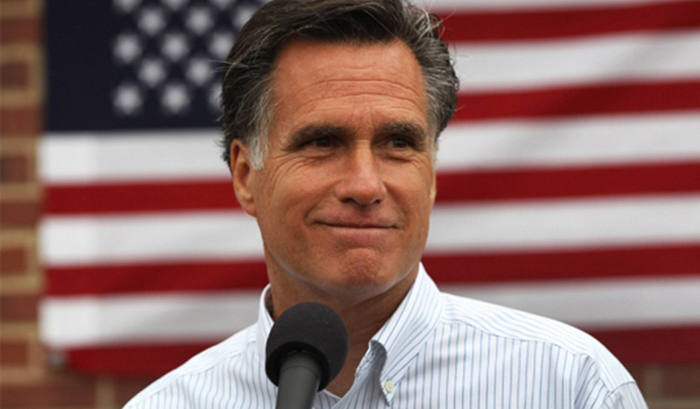[img]1305|right|Andy Weissman||no_popup[/img]Hardly ever throughout his 30 years in Culver City public life has Andy Weissman been identified with the left or the right.
Moderation has been his guiding force, his version of Main Street.
He would be a calming influence to talk about today’s debut of the plastic bag ban for most small retailers, a law from which all restaurants are spared.
Since last December, the community’s largest businesses have been forbidden to hand out single-use plastic bags – lest they pollute the environment, a typically abstract excuse, and, slightly more seriously, threaten marine life. Evidence is scant, but the ideologues feel more virtuous about themselves.
Ever the diplomat, when Mr. Weissman was asked what good the ban would accomplish, “I am not the right person to talk to about that,” he said.
The Clear Objective
“The intent behind the plastic bag ban,” he continued, “was to reduce the number of single-use plastic bags in the environment.
“Whether the ban in Culver City, in and of itself, accomplishes that is uncertain.
“But our efforts, combined with those of our neighbors who also have enacted similar bans, cumulatively should help reduce that environmental concern.”
For Mr. Weissman and his City Council colleagues, protecting marine life only was a corner of the new law. They were seeking to cleanse the environment “because these plastic bags don’t degrade. If you throw them in landfills, they don’t go anyplace. If they get into the water, they contaminate it. They release chemicals, and our marine environment is threatened.”
Acknowledging there is not universal agreement on the ban, Mr. Weissman said that “there is a corollary amongst some – I am not in a position to decide – that a health risk is associated with reusable bags. They could cause health risks if you don’t regularly wash and clean them. There also is a question of whether by eliminating plastic bags, you ratchet up some other problem. Do you cut down more trees to make paper bags? That causes a different kind of environmental concern.
“These are comments we heard on both sides of the issue when the ordinance was passed last year.”
Given the seemingly amorphous nature of the environment, “you always are going to have two or three or 10 sides,” Mr. Weissman said. “It depends on your point of view whether you accept or reject scientific claims.”
Prefacing his final observation with “this only is going to get me into trouble,” Mr. Weissman mentioned “the issue of evolution.
“You would think that if ever there was anything that would not be the subject of confusion and debate, it would be evolution. Yet you have the creationists who continue to insist the world was created 4,000 years ago. It flies completely in the face of absolute, undeniable science.
“If you can’t get people to agree on that, how will you ever get them to agree on the best way to protect the environment?”







